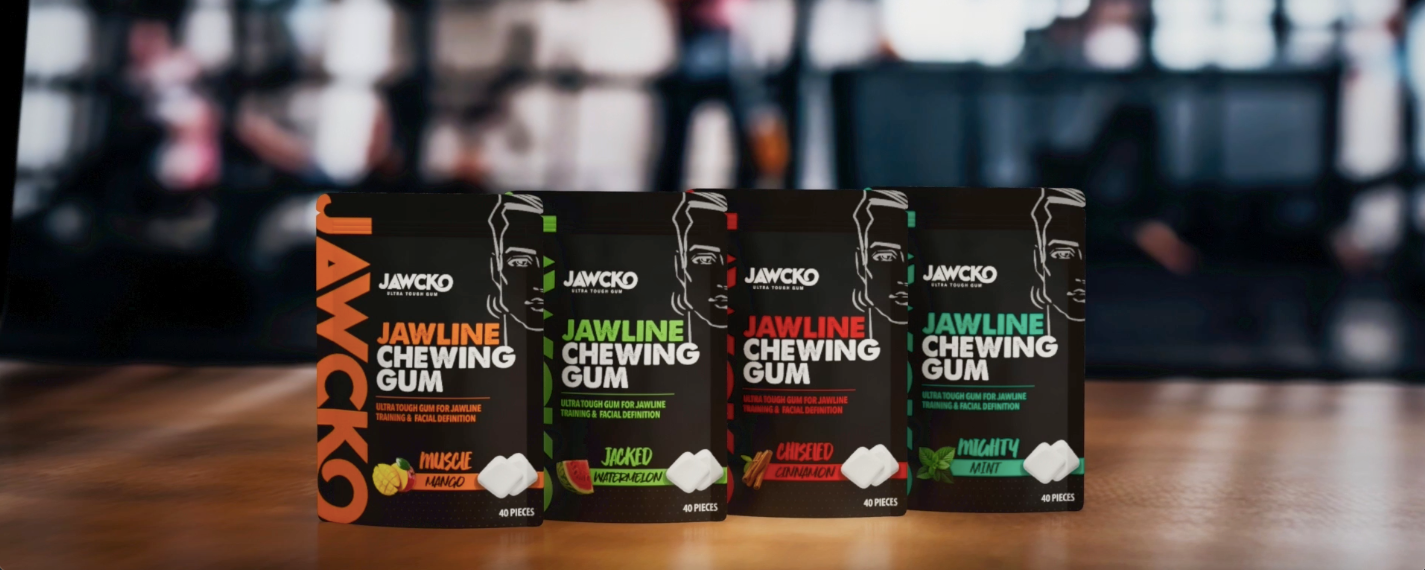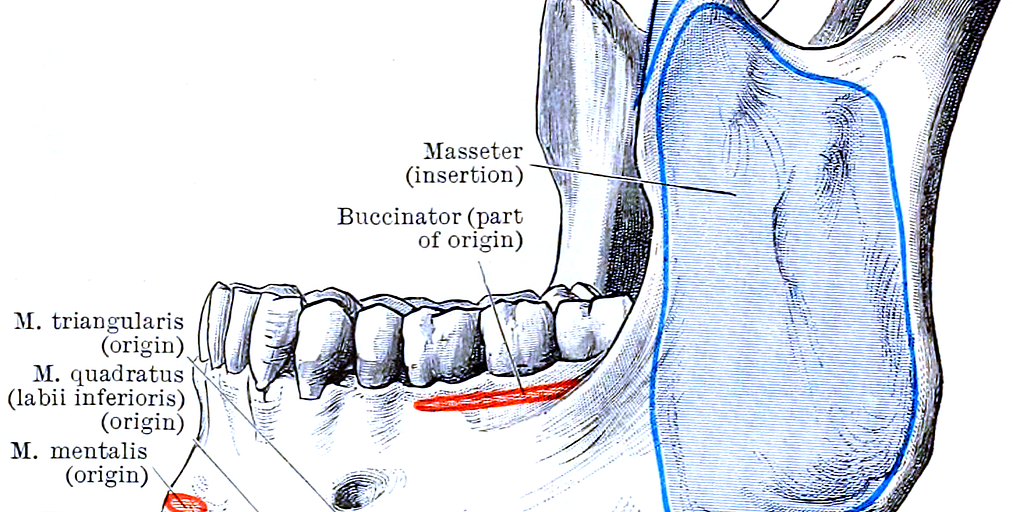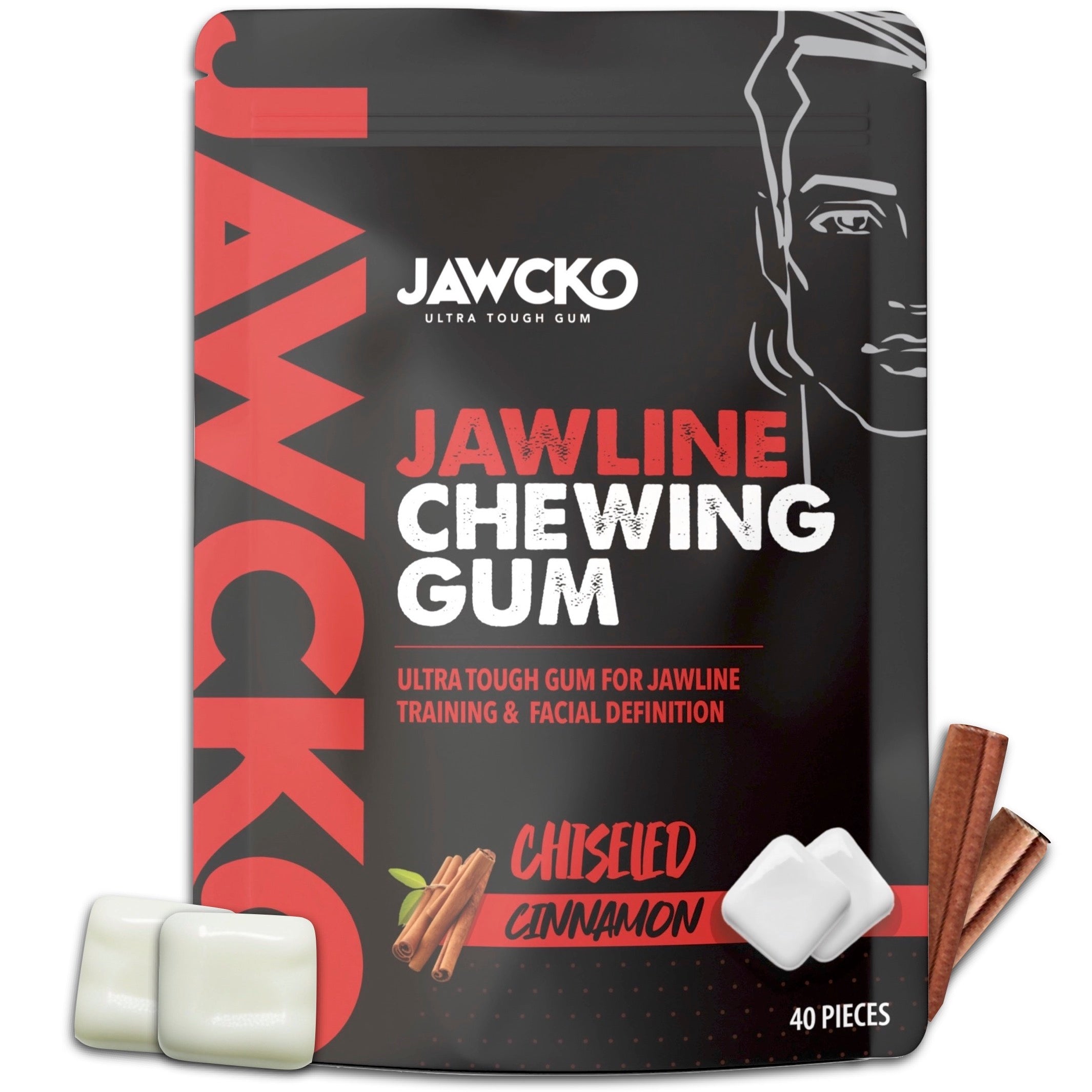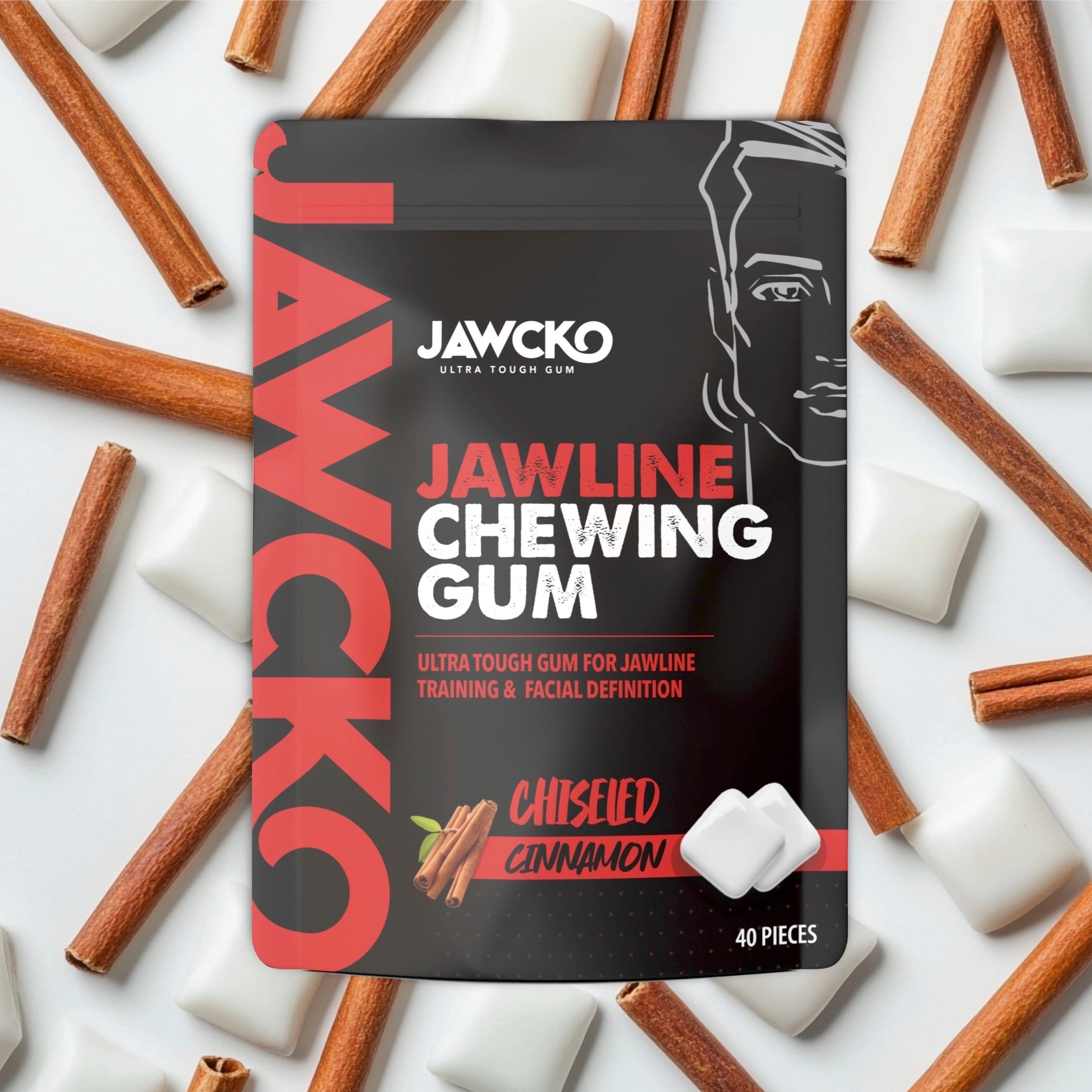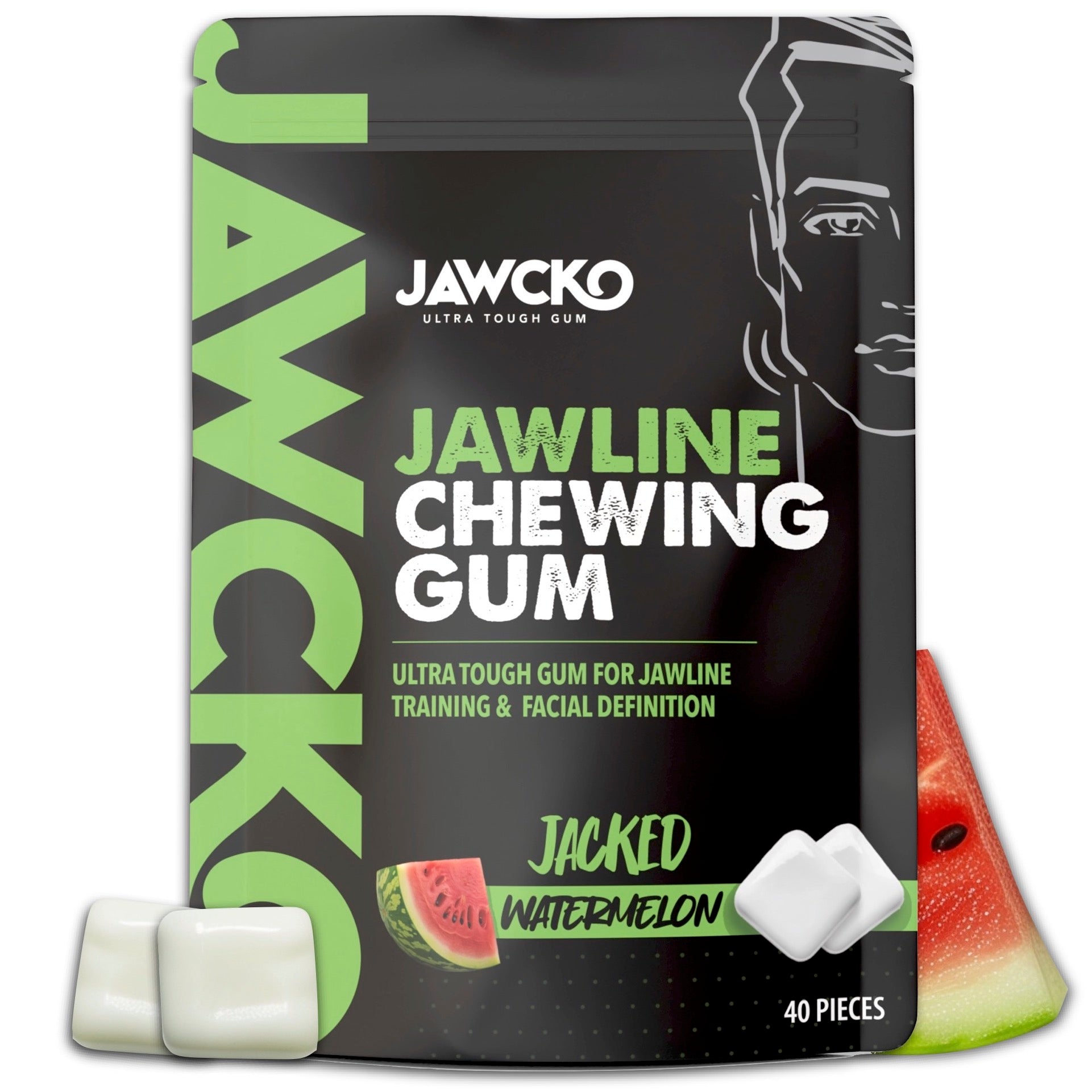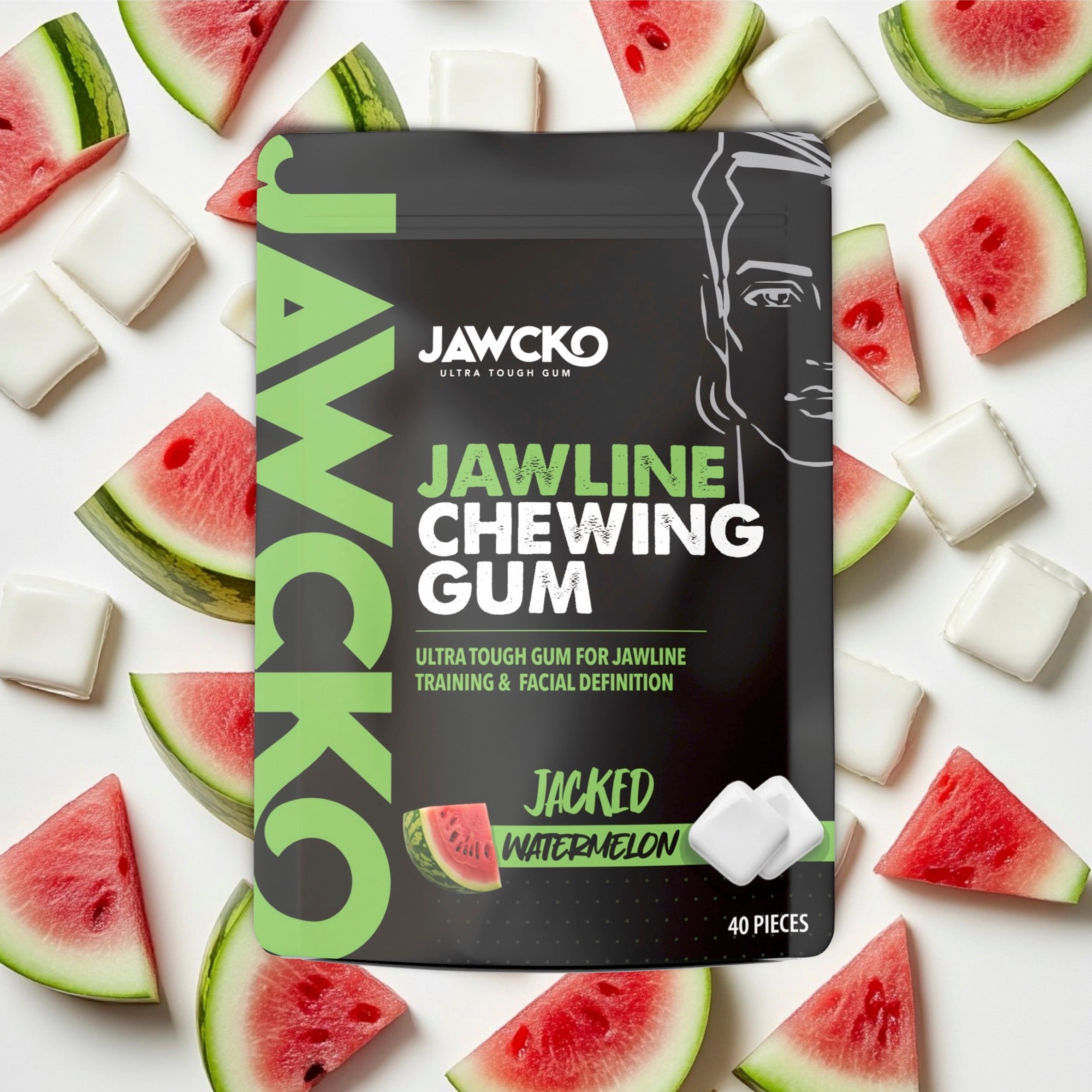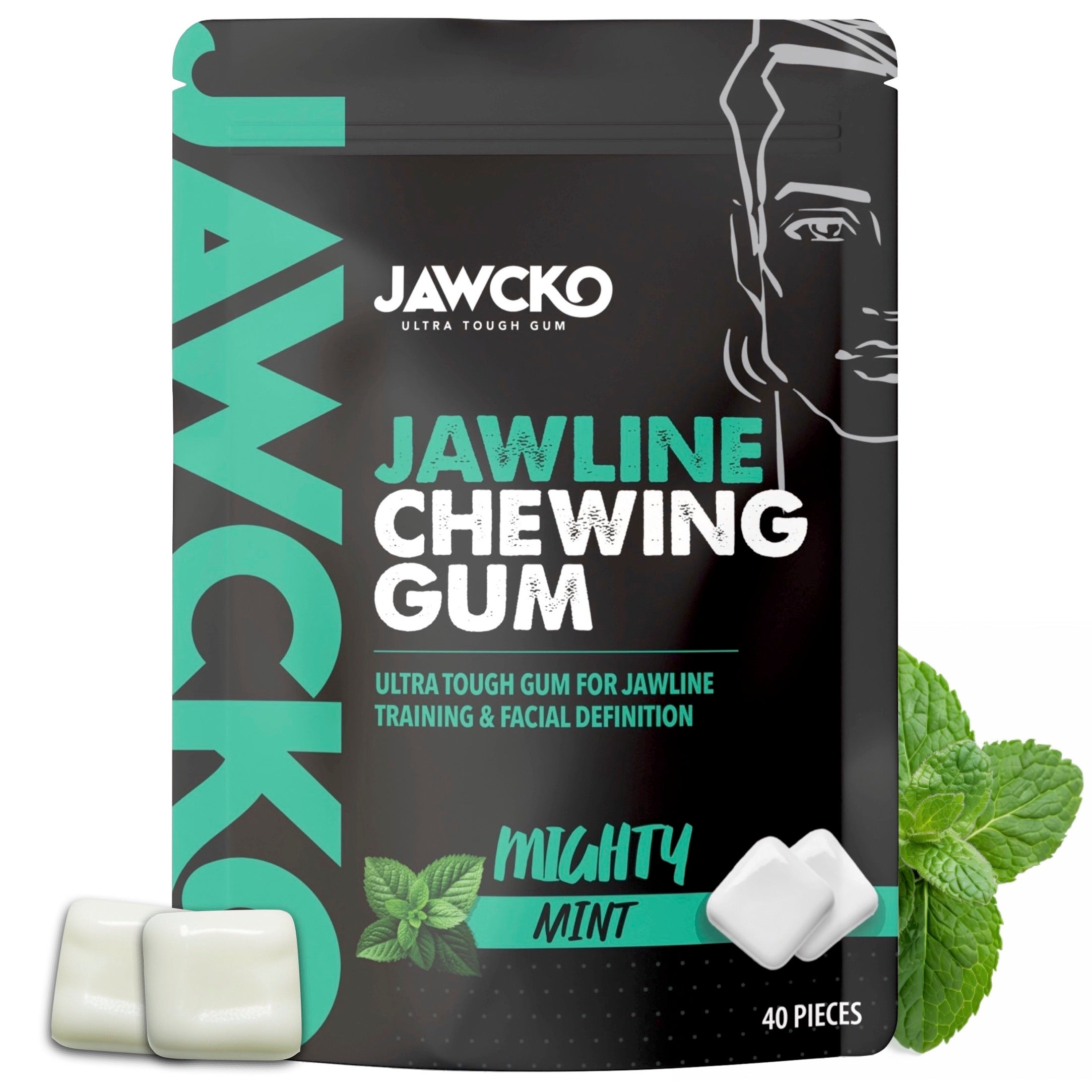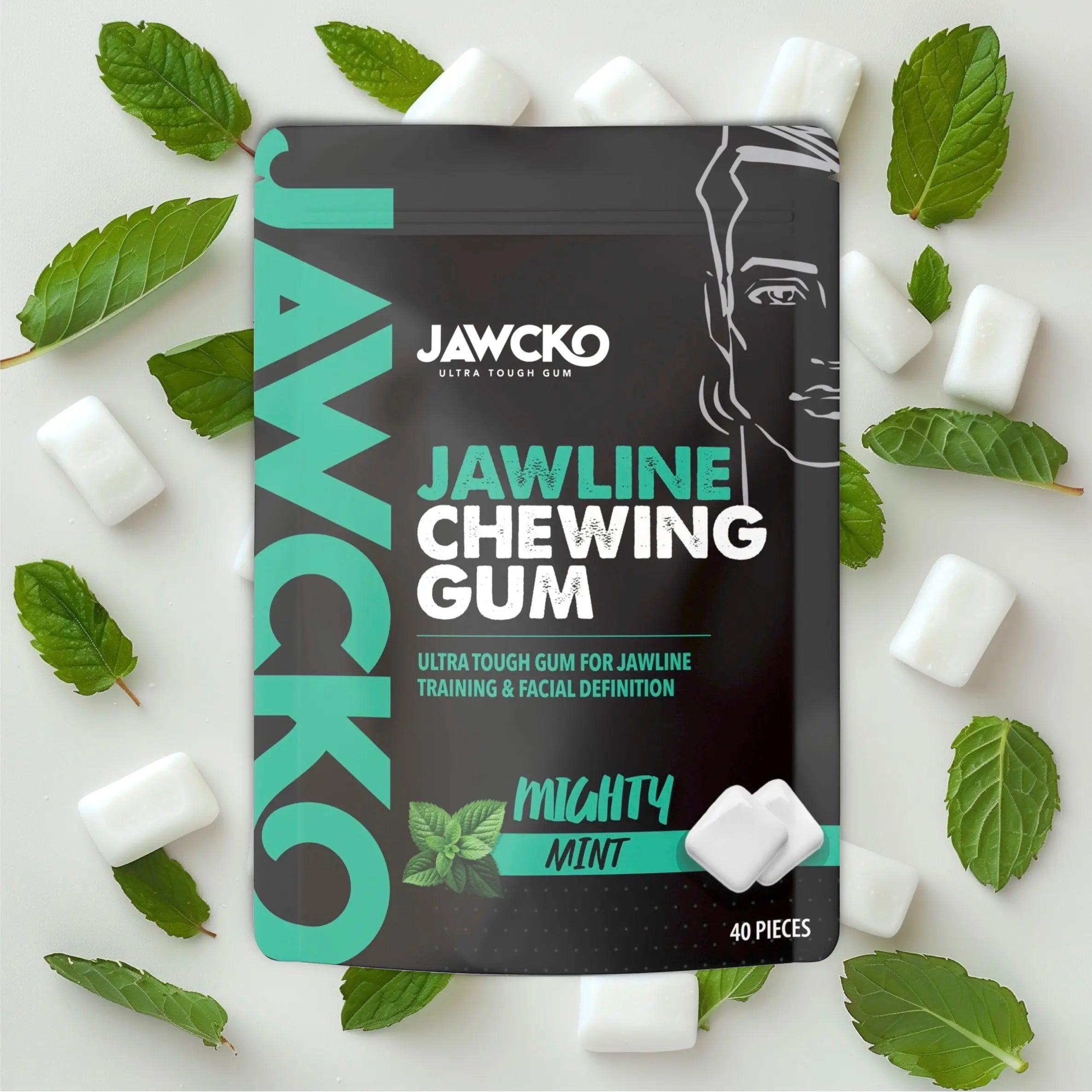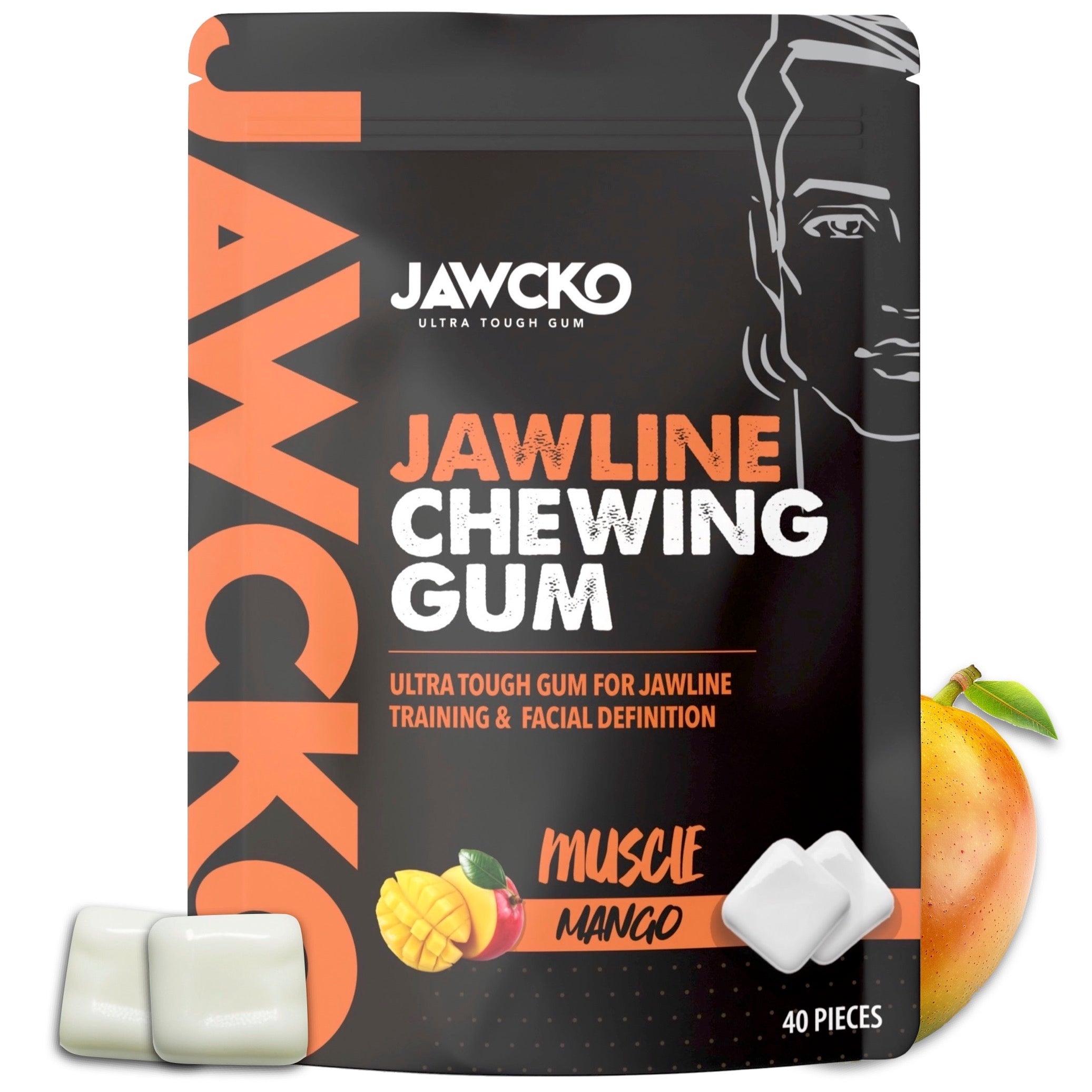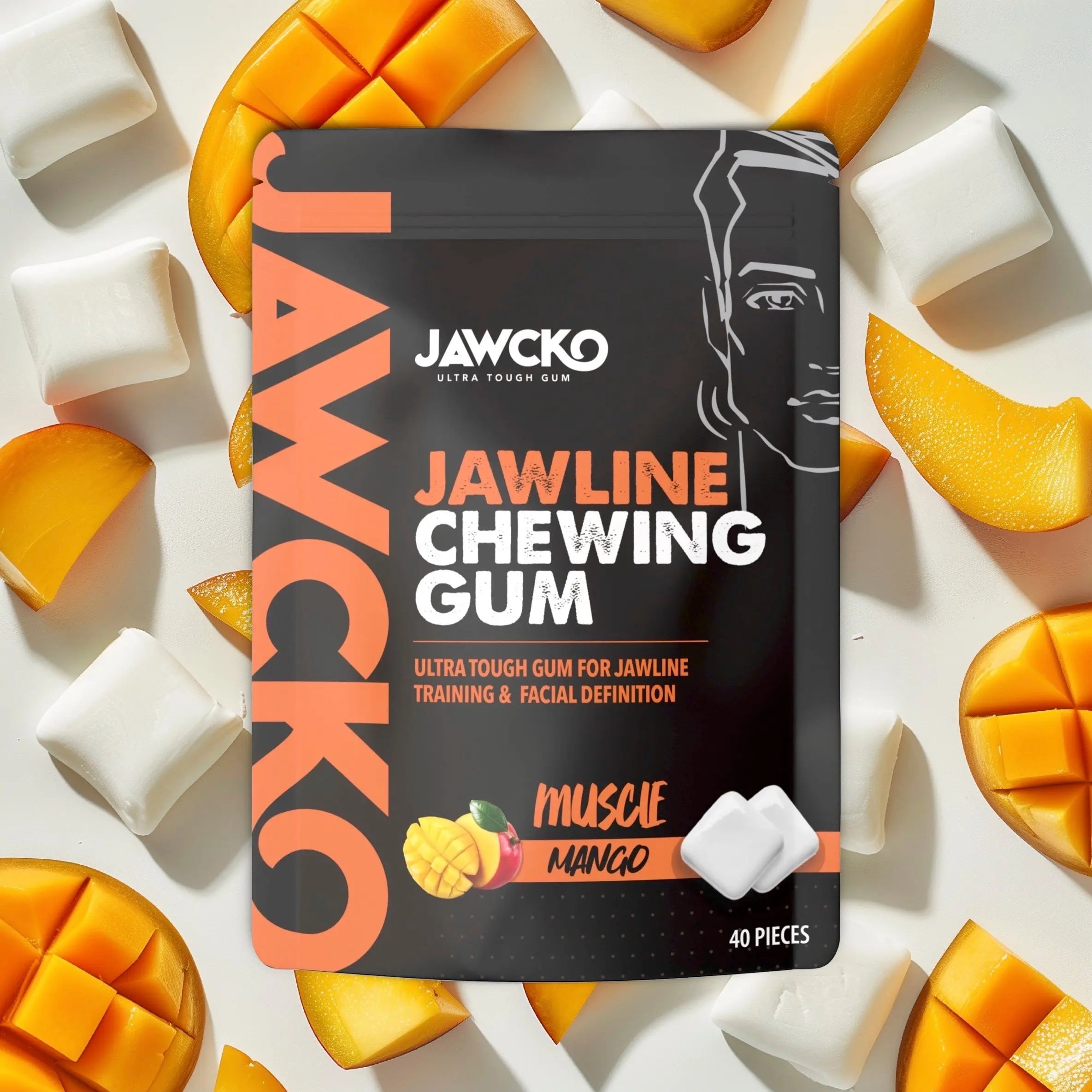Chewing gum, a common and often mindless activity, might have surprising benefits for your cognitive health. Recent research suggests that this simple habit can enhance various aspects of brain function, potentially making you smarter. This article delves into the scientific evidence behind these claims and explains how chewing gum can positively impact your cognitive abilities.
How Chewing Gum Affects the Brain
Increased Blood Flow:
- Enhanced Circulation: The act of chewing stimulates facial muscles and increases heart rate, which in turn boosts blood flow to the brain. This improved circulation ensures that more oxygen and nutrients reach the brain, enhancing its function.
- Prefrontal Cortex Activation: Studies using functional magnetic resonance imaging (fMRI) have shown that chewing gum increases activity in the prefrontal cortex, a region associated with higher-order cognitive processes such as decision-making, attention, and working memory.
- Mastication Process: The act of chewing, or mastication, involves repetitive jaw movements that stimulate the muscles and nerves in the head and neck. This activity can increase heart rate and promote blood circulation
- Cerebral Blood Flow: Studies using functional magnetic resonance imaging (fMRI) have shown that chewing gum can enhance cerebral blood flow (CBF), particularly in the prefrontal cortex, which is involved in decision-making, attention, and executive functions.
- Acetylcholine: Chewing gum stimulates the release of acetylcholine, a neurotransmitter involved in learning and memory. Increased levels of acetylcholine can improve cognitive performance by enhancing neural communication.
- Insulin Production: Chewing gum, especially sugar-free varieties, can lead to a small increase in insulin production, which has been linked to improved memory and cognitive function.
Cognitive Benefits of Chewing Gum
Improved Memory:
- Short-Term Memory: Research indicates that chewing gum can enhance short-term memory. A study conducted by the University of Northumbria found that participants who chewed gum during memory tasks performed better than those who did not. The act of chewing seems to increase the flow of glucose to the brain, providing it with the energy needed for memory formation and retrieval.
- Long-Term Memory: Some studies suggest that chewing gum can also benefit long-term memory. The increased blood flow and enhanced neurotransmitter activity may help consolidate memories, making them easier to recall later.
Enhanced Focus and Attention:
- Sustained Attention: Chewing gum has been shown to improve sustained attention, making it easier to concentrate on tasks for extended periods. This can be particularly beneficial in academic and work settings where prolonged focus is required.
- Reaction Time: A study published in the journal "Appetite" found that participants who chewed gum had faster reaction times and greater accuracy in attention-based tasks. The physical act of chewing may help keep the brain alert and engaged.
3. Reduced Stress and Anxiety:
- Stress Reduction: Chewing gum can help reduce stress and anxiety levels, which in turn can improve cognitive performance. The repetitive motion of chewing has a calming effect, and the increased blood flow to the brain helps mitigate the negative impact of stress on cognitive functions.
- Mood Enhancement: Participants in various studies have reported feeling more alert and in a better mood when chewing gum. This positive mood can enhance cognitive flexibility and problem-solving abilities.
Studies Supporting Cognitive Benefits
1. UK Study on Reaction Times: A study conducted at the University of Northumbria found that participants who chewed gum had quicker reaction times and better accuracy in memory recall tasks compared to those who did not chew gum. The researchers concluded that the increased blood flow to the brain was a key factor in these cognitive improvements.
2. Japanese Research on Brain Activity: Japanese researchers used fMRI to observe brain activity in participants who were chewing gum. They discovered increased activity in the prefrontal cortex and other areas associated with cognitive processing, further supporting the hypothesis that chewing gum enhances cerebral blood flow and brain function.
3. Mood and Alertness: Another study highlighted that chewing gum can improve mood and alertness. Participants reported feeling less stressed and more awake, which can be beneficial in maintaining cognitive performance, especially during prolonged tasks.
Academic Performance:
- Study Aid: Students can benefit from chewing gum while studying or taking exams. The improved memory and focus can lead to better academic performance and retention of information.
- Test Taking: Chewing gum during tests can help reduce test anxiety and improve concentration, potentially leading to higher scores.
Work Efficiency:
- Productivity Boost: Employees can chew gum to maintain focus and alertness during long work hours, particularly when performing monotonous or repetitive tasks.
- Stress Management: In high-stress work environments, chewing gum can serve as a simple tool to manage stress and maintain cognitive performance.
The evidence suggests that chewing gum can indeed make you smarter by enhancing various cognitive functions. From improved memory and attention to reduced stress and better mood, the benefits of this simple habit are supported by scientific research. While chewing gum is not a substitute for a healthy lifestyle and proper mental exercises, it can be a valuable addition to your cognitive toolkit.
The Future of Hard Chewing Gum and Cognitive Function
The future of jawline-enhancing chewing gum is incredibly exciting, as it merges aesthetics with cognitive and health benefits. With the rise of specially formulated masticatory gums designed to provide higher resistance, users are now able to strengthen their masseter muscles more effectively, leading to a sharper jawline and improved facial definition. Beyond aesthetics, research continues to highlight the cognitive benefits of chewing, such as enhanced memory, increased focus, and reduced stress levels due to improved blood flow and brain stimulation. Advances in gum composition, including natural ingredients that promote oral health and even boost energy, make this an innovative and accessible tool for both mental performance and facial fitness. As scientific interest in functional chewing gum grows, the potential for even more targeted formulations could revolutionize how we enhance both brain function and facial aesthetics in the future.
References
1. Smith, A. (2010). Effects of chewing gum on cognitive function, mood and physiology in stressed and non-stressed volunteers. Nutritional Neuroscience, 13(1), 7-16.
2. Hirano, Y., Obata, T., Kashikura, K., Nonaka, H., Tachibana, A., Ikehira, H., ... & Ono, S. (2008). Effects of chewing in working memory processing. Neuroscience Letters, 436(2), 189-192.
3. Scholey, A., & Haskell, C. (2008). Cognitive and physiological effects of an "energy drink": An evaluation of the whole drink and of glucose, caffeine and herbal flavouring fractions. Psychopharmacology, 207(1), 165-174.


